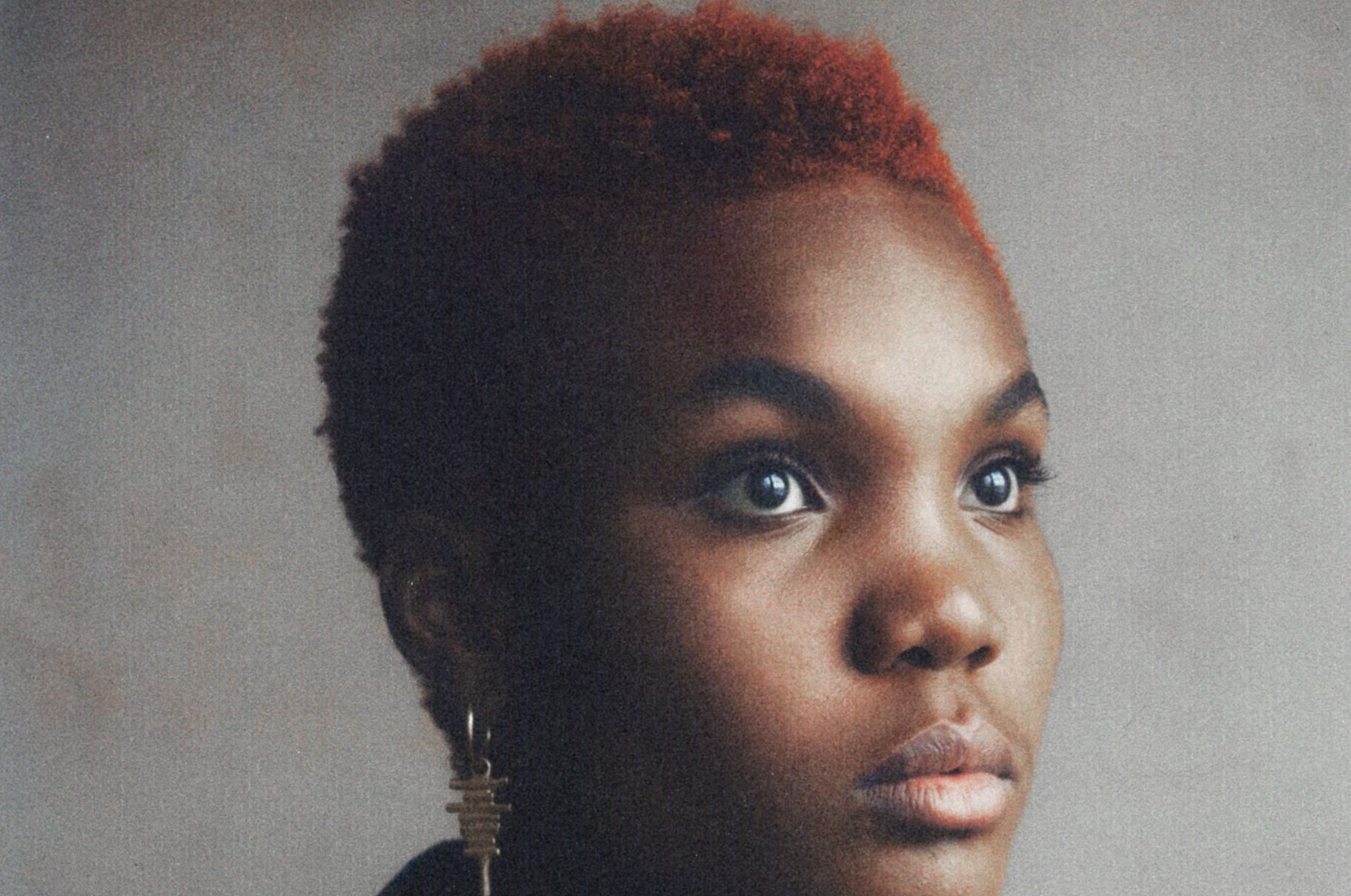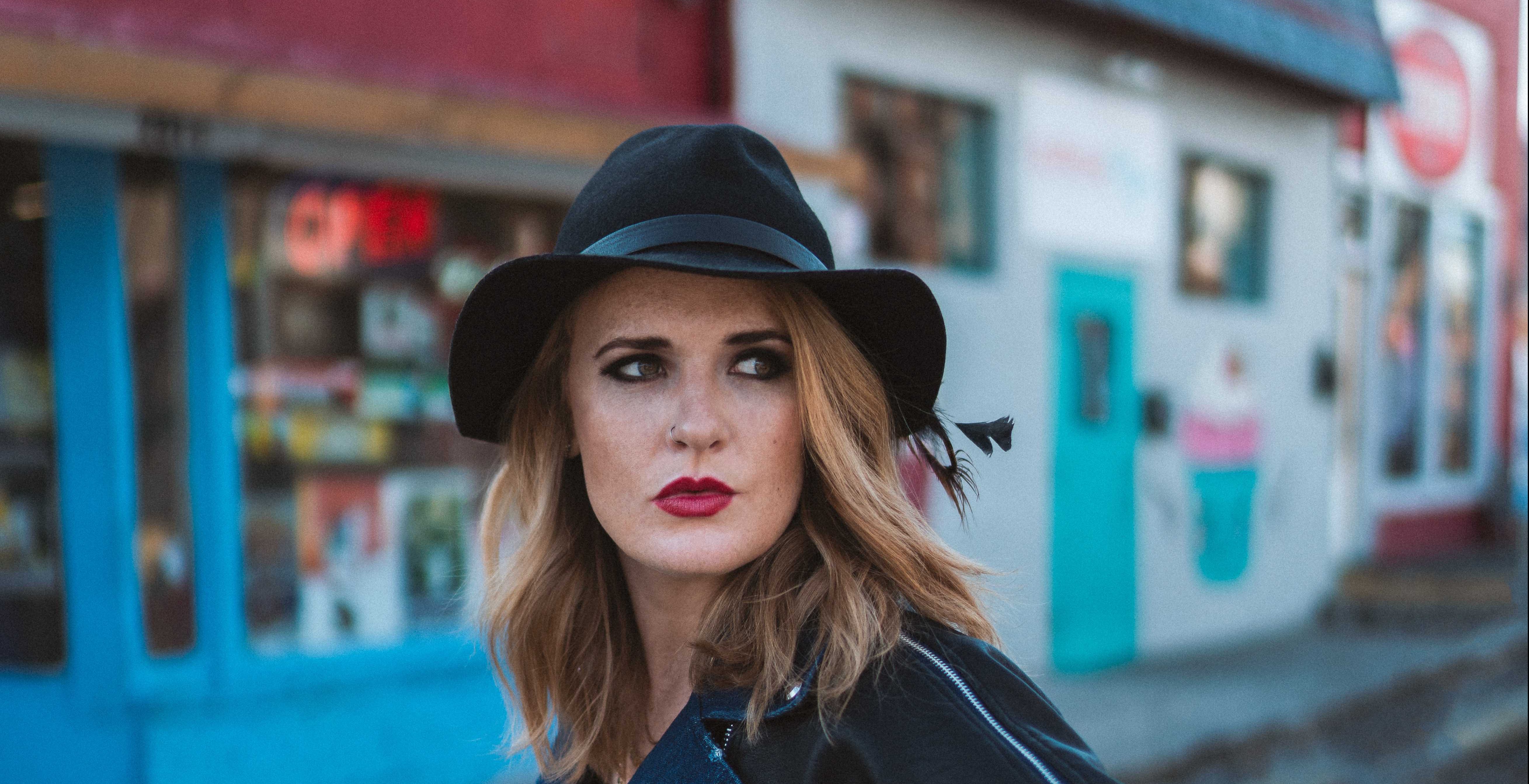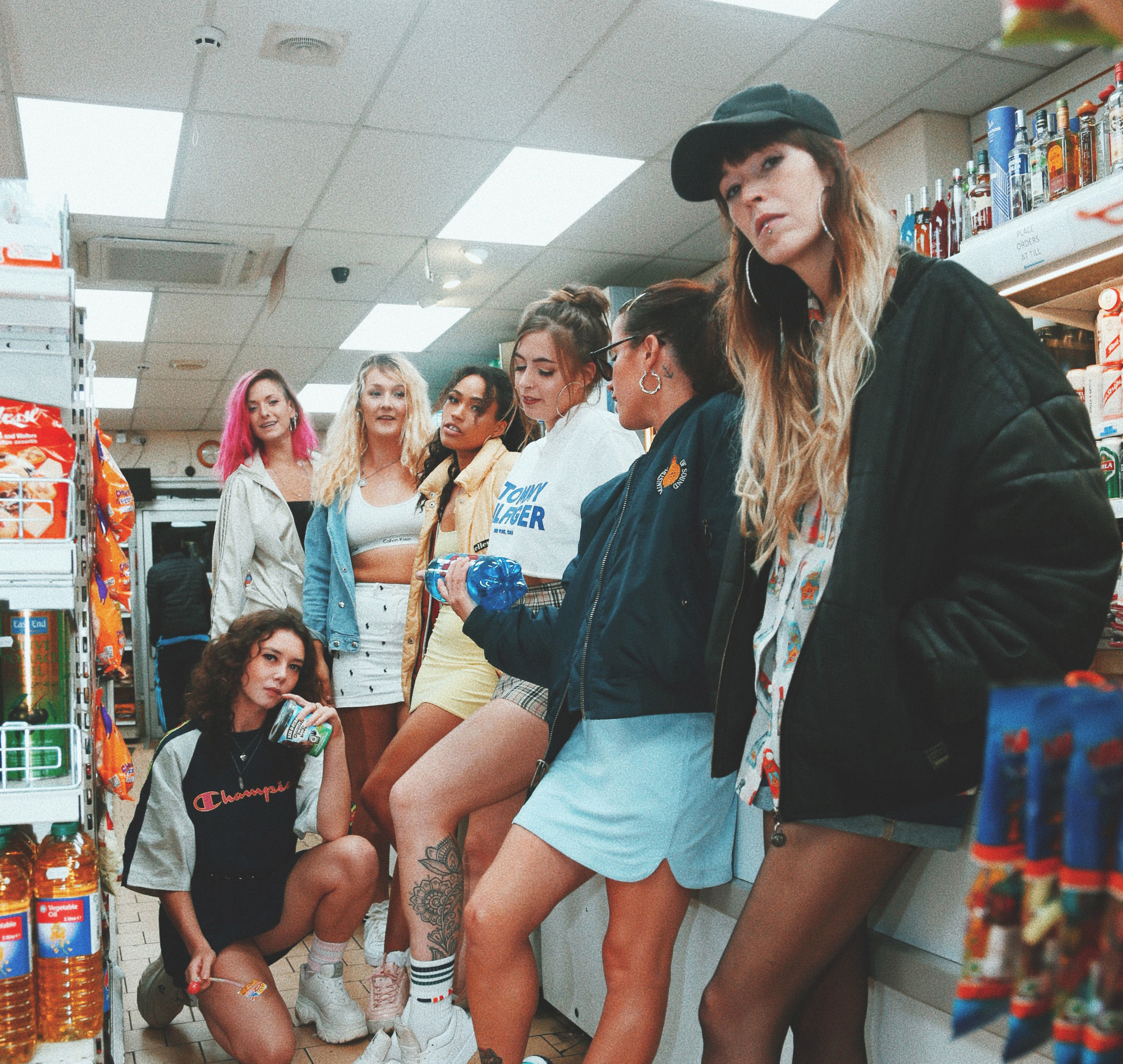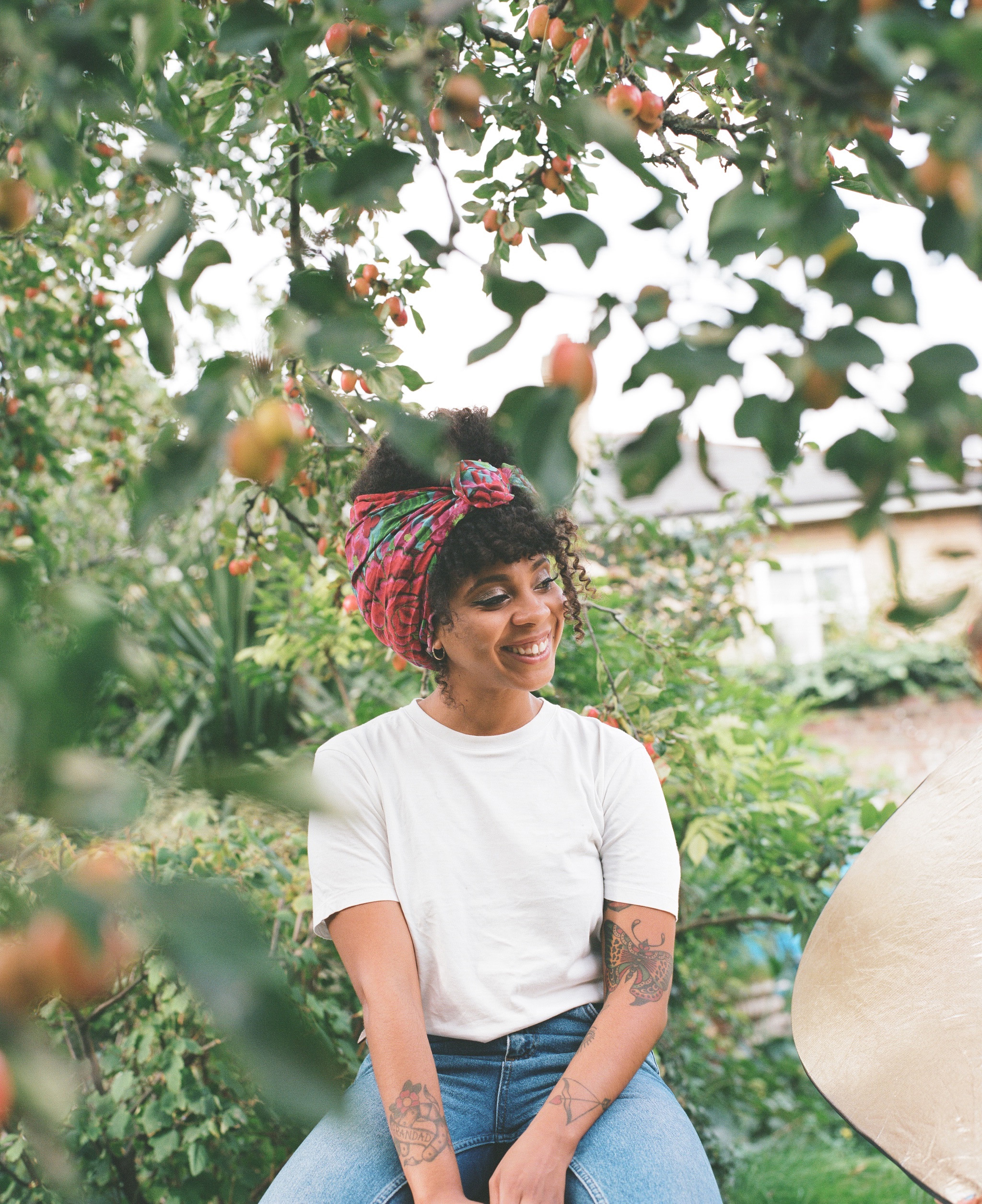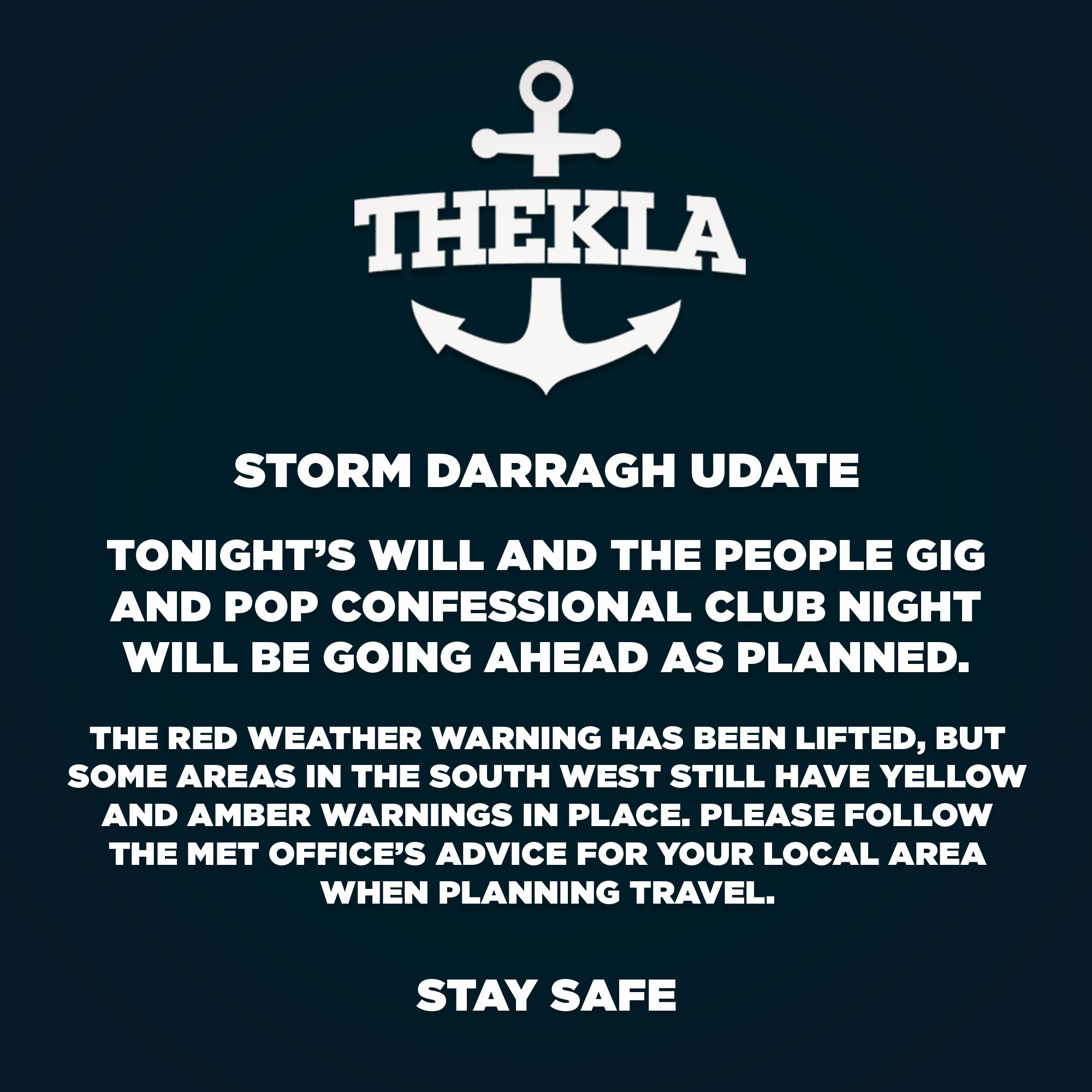The wonderful singer/songwriter Arlo Parks is our guest for episode 17 of the podcast and she brings with her a delightful selection of isolation discs. She talks to Chris about her 2020 which has been full of highlights despite the world coming to a standstill, including releasing a number of top tunes, creating her own BBC Radio 4 documentary and being one of the few acts to actually perform at Glastonbury this summer. Plus – dealing with lockdowns, making her debut album and meeting Bristol legend Big Jeff!
Now available on more of your favourite channels.
New Episodes uploaded every Wednesday.
Follow us on:
Spotify ? https://spoti.fi/3aGXDex
Mixcloud ? https://bit.ly/2V75POQ
Apple Podcasts ? https://apple.co/3aWEUMq
Google Podcasts ? https://bit.ly/2VhVG1U
Read more…
On a personal level, Parks struggled with her identity growing up; a self-confessed tom boy who was super sensitive and “uncool”, she says it was like “I’m a black kid who can’t dance for shit, listens to emo music and currently has a crush on some girl in my Spanish class.” By the time she reached 17, she shaved her head, figured out she was bisexual and produced/wrote an album’s worth of material.
Growing up in South West London, half Nigerian, a quarter Chadian and a quarter French, Arlo Parks learned to speak French before English. A quiet child, she’d write short stories and create fantasy worlds, later journalling and then obsessing over spoken word poetry, reading American poets such as Ginsberg and Jim Morrison and watching old Chet Baker performances on YouTube. These days she references Nayyirah Waheed, Hanif Abdurraqib and Iain S. Thomas as her favourite modern poets, and it is clear that their works are as influential on her songwriting as any musician. Books too, such as The Bell Jar by Sylvia Plath and Norwegian Wood by Haruki Murakami. Parks says, “the way Murakami writes in that book is how I aspire to write my songs; gritty and sensitive and human.”
Fela Kuti’s ‘Water’ and Otis Redding’s ‘Sittin On The Dock Of The Bay’ soundtracked Arlo Parks’ childhood, but it was aged around 13 that she discovered King Krule; an artist who would heavily influence the music she writes today. Later listening to more hip-hop (from Kendrick Lamar and Earl Sweatshirt to the more confessional sounds of Loyle Carner) and rock (Jimi Hendrix, Shilpa Ray and David Bowie), as well as the subdued, pained sounds of Keaton Henson, Sufjan Stevens and Julien Baker, Parks explains, “I would write stories so detailed you could taste them, while maintaining the energy and life of the hip-hop I loved.” There’s a visual, almost cinematic quality to her writing too, which is born from her love of horror films, streetwear and abstract art.

